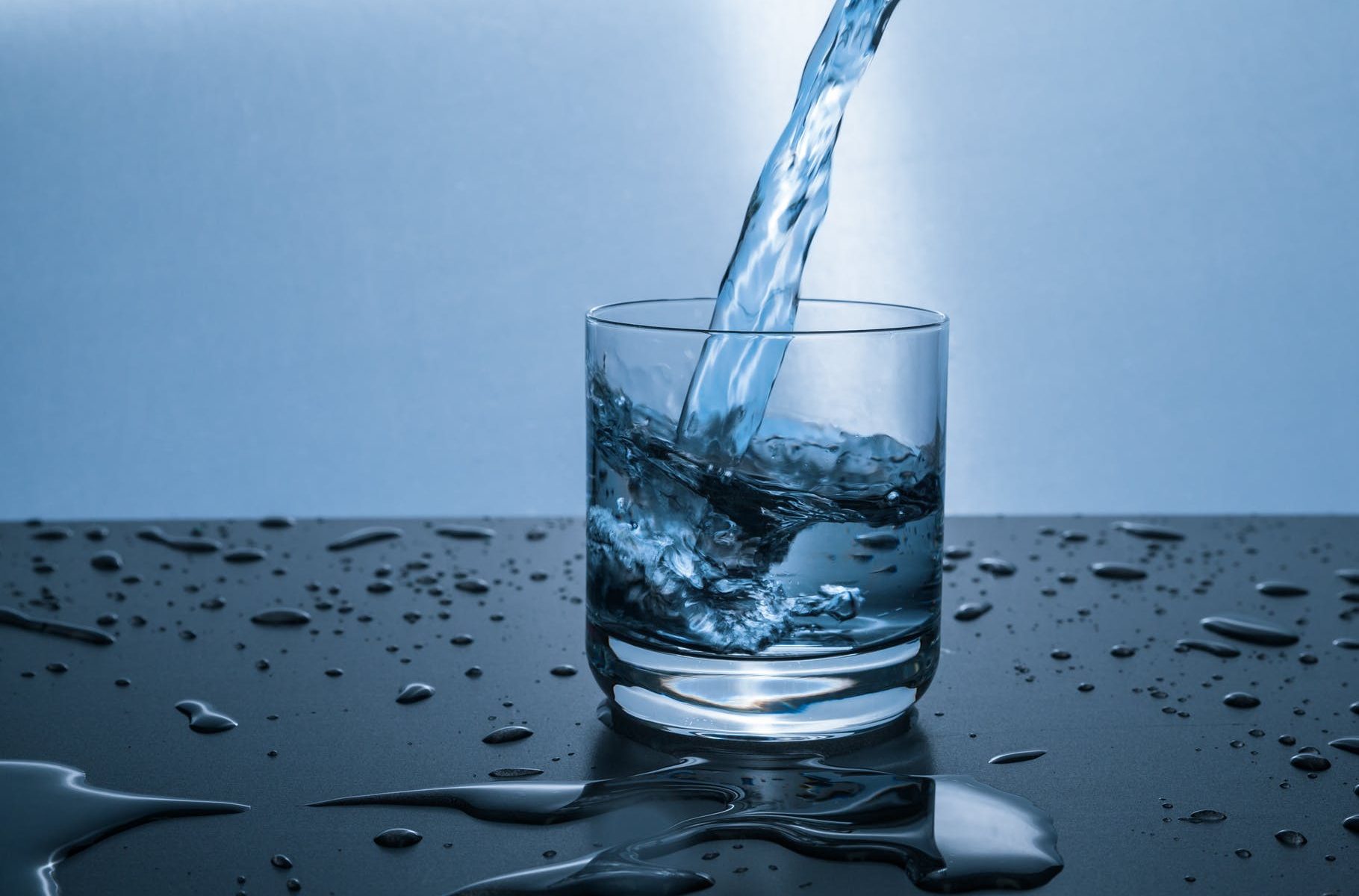Fasting has experienced a renaissance of late, and for good reason. When practiced correctly, it confers myriad benefits, enhancing one’s physical, emotional, and spiritual health. There are many variations of fasting and it’s important to know how to choose which is best for you.
Most likely you or someone you know has experimented with some form of fasting in recent years. Fasting- the practice of abstaining from food for extended periods of time- has a rich history of use across many cultures. It’s been used therapeutically since at least the 5th century bce when Greek physician Hippocrates recommended it for various ailments. He believed it was the key to allowing the body to heal itself, and once said, “to eat when you are sick, is to feed your sickness.”
Benefits of Fasting
Fasting is a hot area of research and there are many proven benefits to employing some form of fasting on a regular basis. This includes improved body composition (favoring fat burning and muscle preservation), increased energy, appetite regulation, better gut health, improved immune system function, enhanced brain and heart health, longevity and disease protection, and improved willpower. Most of these benefits stem from the process of autophagy, which essentially is the body’s way of taking out the cellular garbage.
Fasting Variations
There are several different ways to fast. These range from shorter periods of caloric restriction, which is not a true fast, but yields similar benefits, to a multi-day water fast, which can be quite healing, but is also fairly stressful on the body.
Consider the following options:
- Intermittent fasting: daily fasts between 12 and 18 hours
- 24-hour fasts: one or two 24-hour water only fasts per week
- Alternate day fasting: water only or one meal per day, every other day
- Bone broth fasting: bone broth only for multiple days
- Caloric restriction: five consecutive days of 500-800 calories
- Multi-day water fasts: water only, usually for 3-7 days
How to Choose the Best Option for You
Keep in mind that fasting is not for everyone, and more is not always better. Furthermore, there’s no one-size-fits-all protocol. Your gender, your health history, and your goals all come into play.
Although water only and multi-day fasts can be a powerful healing tool, they can also be quite taxing on a body that is already stressed, sick, or very active. If you have poor health, hormone imbalances (especially thyroid), or adrenal issues, consider a shorter fast or fasting less often. Keep in mind that research has shown that most of the major metabolic benefits can be achieved after as little as 12 hours of fasting.
Gender is also a consideration. Women’s hormones tend to be more sensitive to fasting than men’s, so women should be a bit more cautious. For instance, females might start with shorter intermittent fasts, and gradually build up before moving on to longer fasts, such as a 24-hour fast. Pay attention to how your body reacts and do not over-stress your system.
It’s recommended that you check with your doctor before undertaking any form of fasting. It can also be helpful to work with a knowledgeable practitioner to tailor a fast to your current health status and activity level.
Fasting is an accessible and free tool that can have powerful impacts in your quest to live a long and healthy life. Choose the option that’s right for you and begin your journey on the path to enhanced vitality!
This article was originally published in Wishgarden Herbs.

